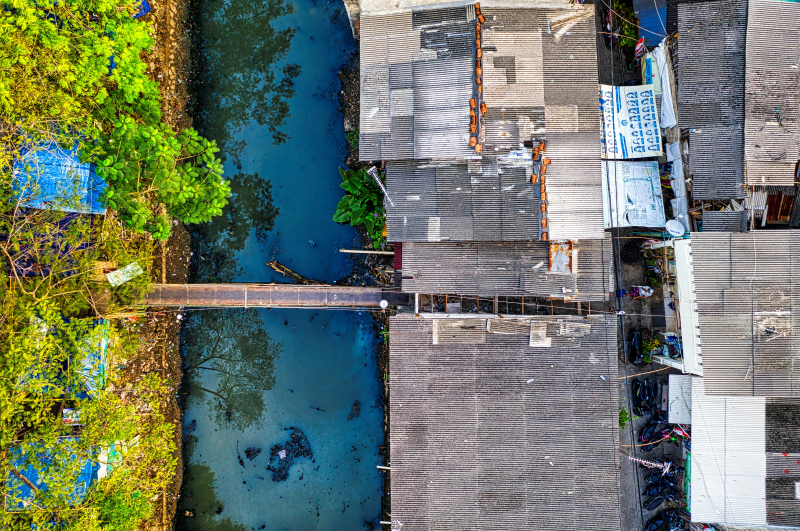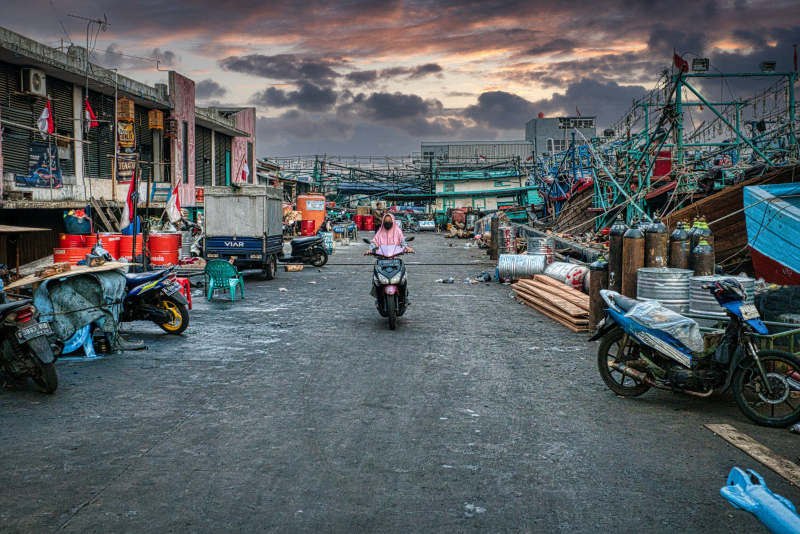The increasing pollution and population in Jakarta
Today, the Indonesian government is based in Jakarta, a city predicted to be totally submerged by 2050. Jakarta is congested and lacks the infrastructure to support expanded commercial operations.
According to President Joko Widodo, the capital was shifted from Jakarta to Nusantara due to rising pollution and population in Jakarta. Jakarta, a metropolis of over 10 million people, is famously crowded, frequently floods, and is one of the world's fastest-sinking cities owing to groundwater over-extraction. Parts of north Jakarta are sinking at a rate of 25 cm per year, including the seawall built as a buffer for settlements. Jakarta has served as the country's capital since its independence in 1949.
According to air quality monitoring systems, the metropolis of 10 million people is frequently ranked as one of the most polluted in the world. Data from the Jakarta Health Agency reveal that in 2019, before the epidemic, the city only had two days with "healthy" air quality. The rest of the year, the city was immersed in toxic fumes and fine dust particles emitted by automobiles, industry, and coal-fired power stations that surrounded the capital.







